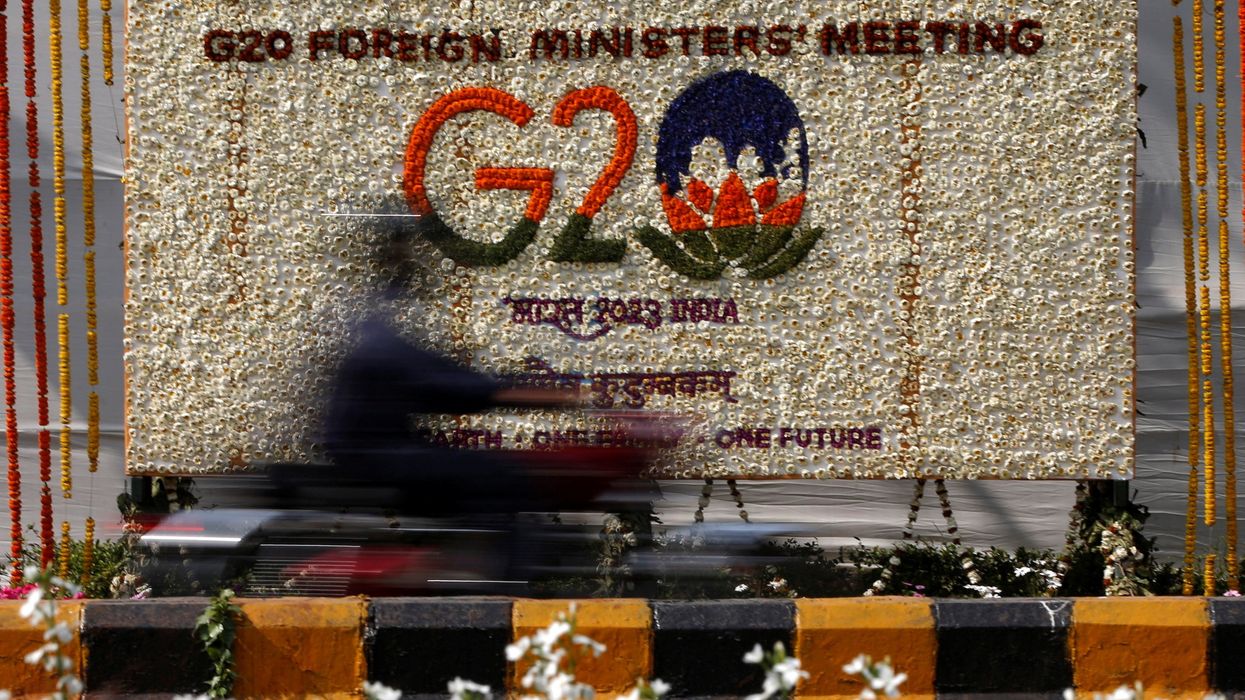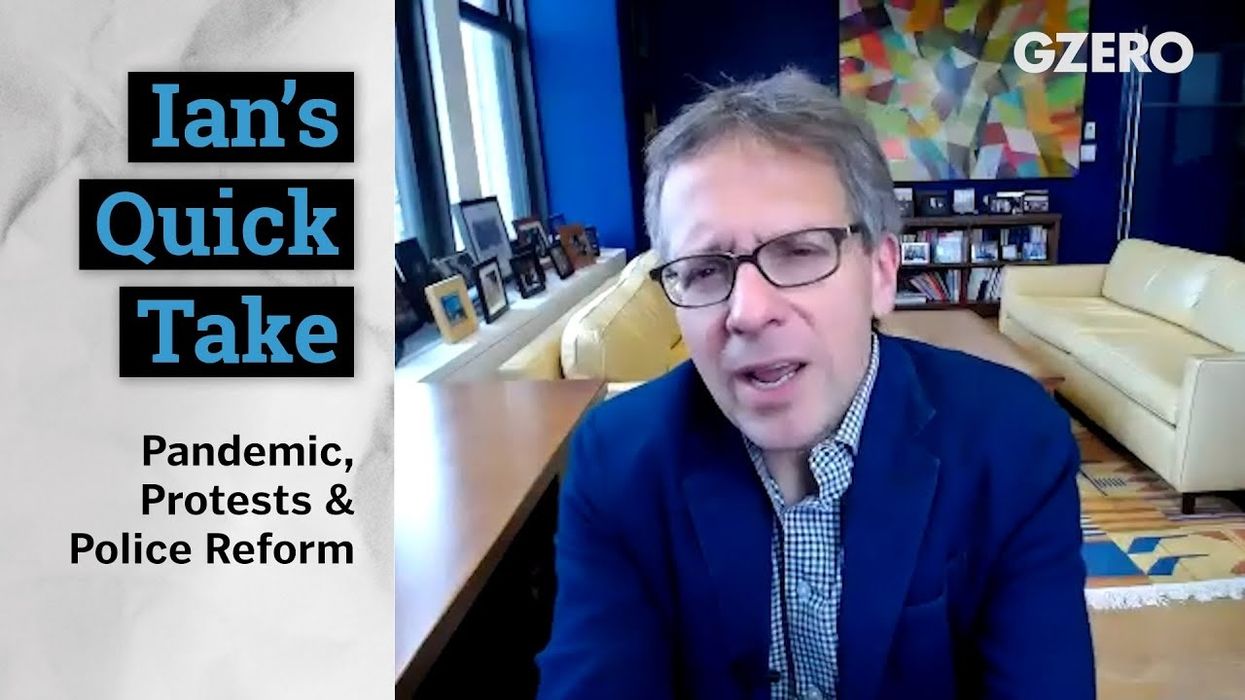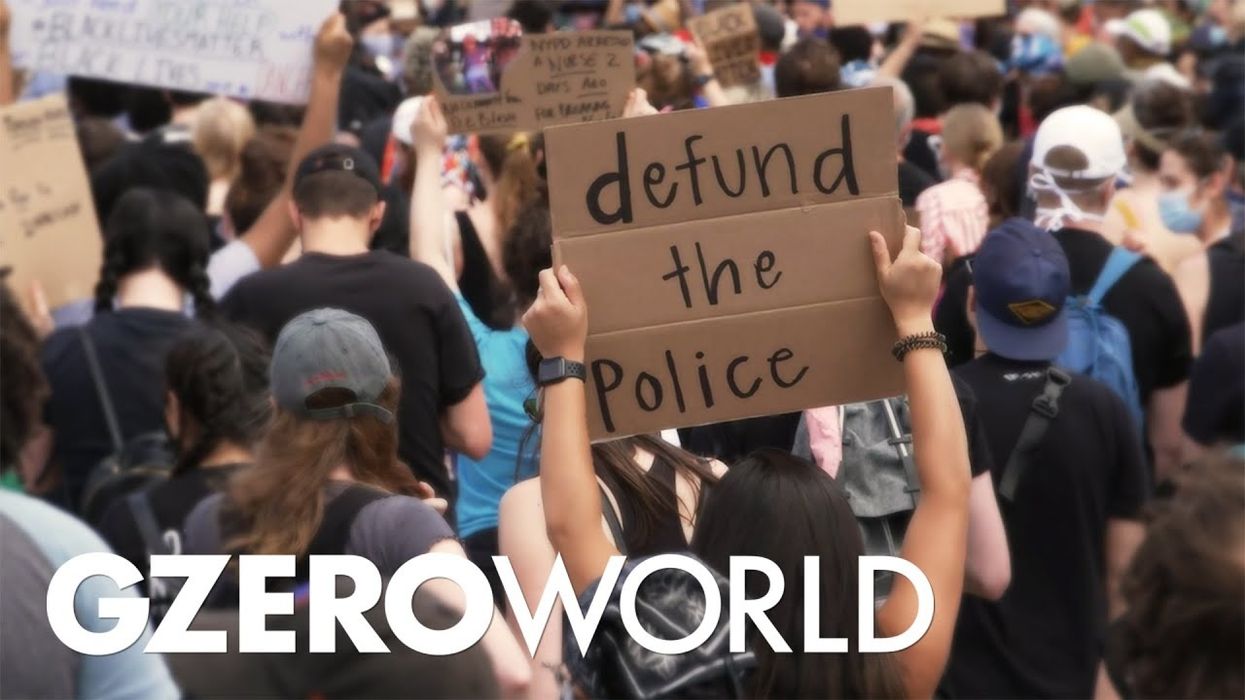Europe
What We’re Watching: Tense G-20 talks in India, Finland’s fence-building, China’s economic activity, Chicago’s mayoral runoff
An awkward G20 summit in Delhi; Finland builds a border fence against Russia; Chinese economic activity rebounds; Chicago election result portends impending showdown over policing
Mar 01, 2023



